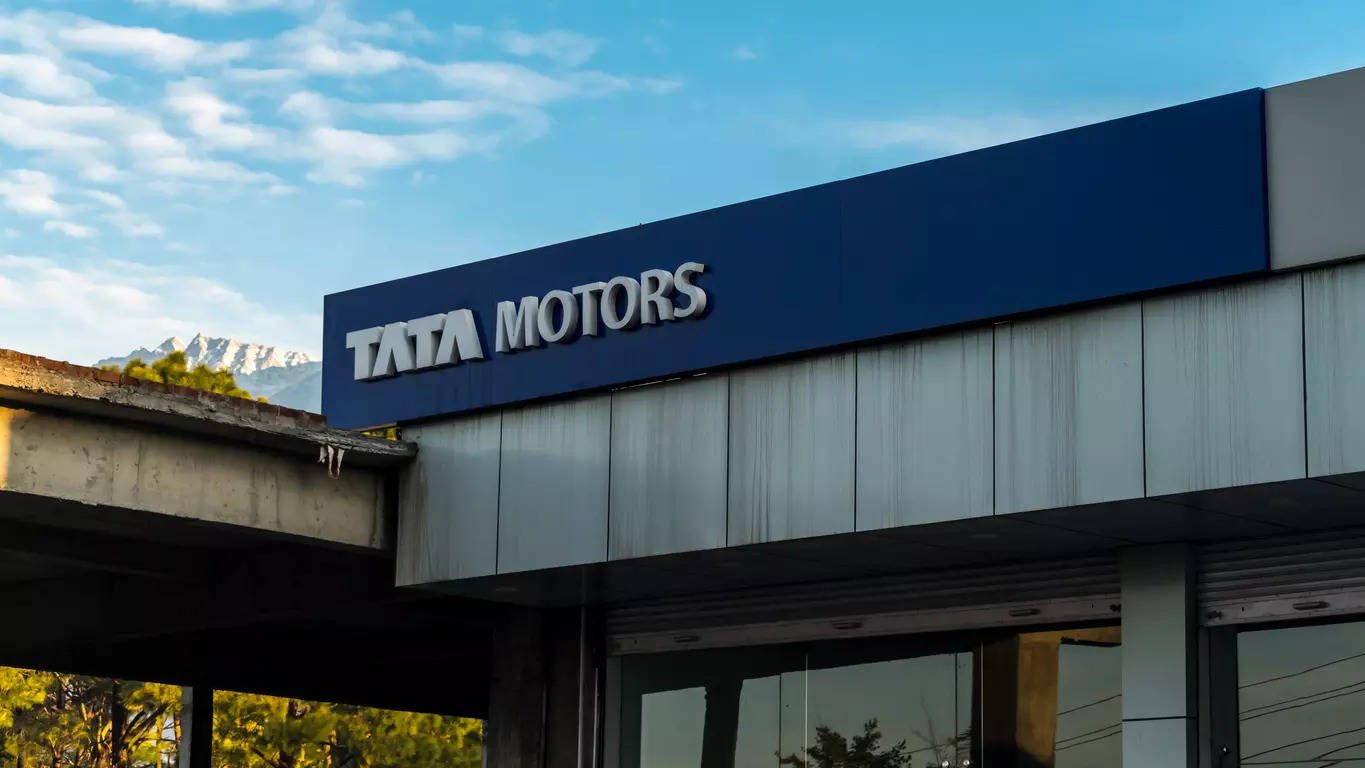
New Delhi: Tata Motors has the right to buy out other investors in truck aggregator Freight Tiger and believes the acquisition of a minority stake in this company for now is a “very interesting transaction”.
Last month, Tata Motors announced acquisition of 26.79% stake in Freight Tiger for INR 150 crore and said that it will invest another INR 100 crore in the company in two-three years.
Freight Tiger is a digital platform that provides end-to-end logistics value chain solutions for cargo movement. It claims to be the country’s largest software-enabled freight network, accounting for 4% of total freight as of now. This company believes it will be moving a fifth or 20% of all freight across India by 2028.
This ambitious growth plan of Freight Tiger shows why Tata Motors may have made a smart investment. Most goods move in trucks across India, with road freight accounting for about 70% of all goods movement. This is in contrast to developed economies, where rail movement is the preferred mode of transport. With trucks transporting a bulk of freight, there was always going to be a scramble to get a large share of the trucking business. With the Freight Tiger acquisition, Tata Motors will get a toehold in a fast expanding digital end of the trucking business at a rather modest investment. Besides Tata Motors, the existing investors of Freight Tiger include the venture capital arm of Eastern Pacific Shipping and Lightspeed India Partners.In a call with analysts, Tata Group Chief Financial Officer P B Balaji said last week that the company will “invest INR 150 crore…The money has already gone out of our bank for this one and we are now at 26.79% owner where CPs have been completed and in the next two to three years we will invest an additional INR 100 crore as required, and thereafter we will have the right to buy the other investors at the then fair market value. A very interesting transaction, something we are very excited by.”
Balaji further said that the Indian freight market is massive and fragmented and while a lot of investments have gone into trucks, the same could not be said about freight ordering or management or the whole freight process. “Therefore this is an area where Freight Tiger tries to solve that problem, by providing an end to end digital software as a service solution. Fleet Edge is a trucking product that we have which sits on our connected vehicle platform and helps both fleet operators and drivers. By integrating these two, we can give a comprehensive freight management solution.”
He went on to say that the acquisition “fits in very well” with the digital plan for the commercial vehicle business but did not elaborate further.
Meanwhile, a senior commercial vehicle industry executive said that the acquisition of Freight Tiger was about consolidating the “loads available in the market” and called it a “good move” for Tata Motors. He said this acquisition would help the company avoid running empty trucks and bring in efficiencies.
Girish Wagh, Executive Director at Tata Motors, pointed out that Freight Tiger operates in the logistics ecosystem, whereas Tatas’ Fleet Edge is a very strong platform in the truck ecosystem. “We now have almost half a million vehicles on the platform and we continue to grow this, the engagement times are also improving month over month. We introduced the subscription modules from the second quarter and we’ve seen a good traction from the customers for the same. As I said, the engagement time is being improved with enhanced information and contextual insights on operations,that is operations of the trucks, the vehicle health and the driving behaviour, which is actually helping the customers to improve their real time total cost of ownership.”
Wagh said that Freight Tiger provides a very comprehensive end to end solution, connecting both the truck ecosystem and the trip ecosystem and “will actually be a win-win proposition for all the stakeholders whether it is the shippers, the logistics service providers and fleet owners which are going to be our customers.”
India’s trucking industry is highly fragmented, dominated by fleet owners with a small number of smaller trucks. The industry is also inefficient, with trucks travelling just about 300 km a day on an average versus the global average of 500-800 km a day. The empty running rate – also known as Dead Miles – or the length of travel which trucks do empty in India is an astounding 40%, as per Niti Ayog estimates. This depicts the percentage of total number of trucks out on the road, which do not have any freight and are either travelling empty to pick up freight or are returning after delivering a consignment but have not found a return load.
This is where companies like Freight Tiger come in: they offer a platform for customers wanting to transport goods by road. Customers can find a match with fleet owners who have ready capacity on such platforms; orders can be tracked real time; shippers who want to send smaller quantities can find space in a truck going to their destination at reasonable rates.
Meanwhile, on the valuation of Freight Tiger, Balaji told analysts that the business is valued at “roughly about INR 420 crore” and the two partners will now be stepping up growth rates of the business.
















